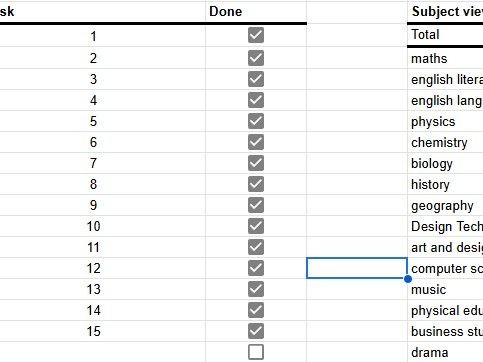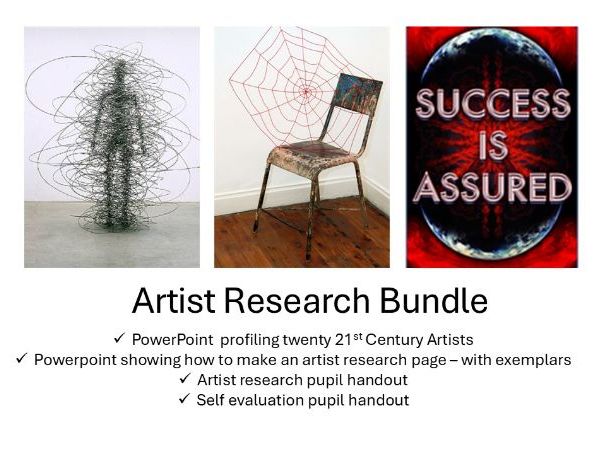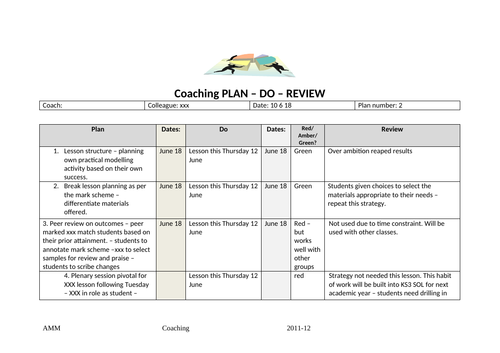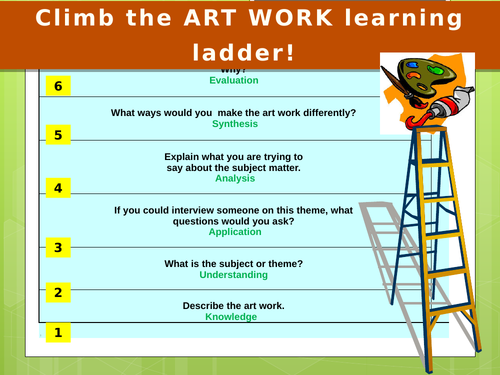Arty Anna
I offer useful resources for teaching and assessing Art & Design, and developing Teaching & Learning. As well as 28 years teaching Art & Design, I've also been a Teaching & Learning Development Coach, a Most Able/G&T co-ordinator, and an Assistant Headteacher, in a range of secondary settings in the UK; so I'm happy to offer a range of materials. I'm a keen user of TES to share resources, so please do reach out and say hello!




















